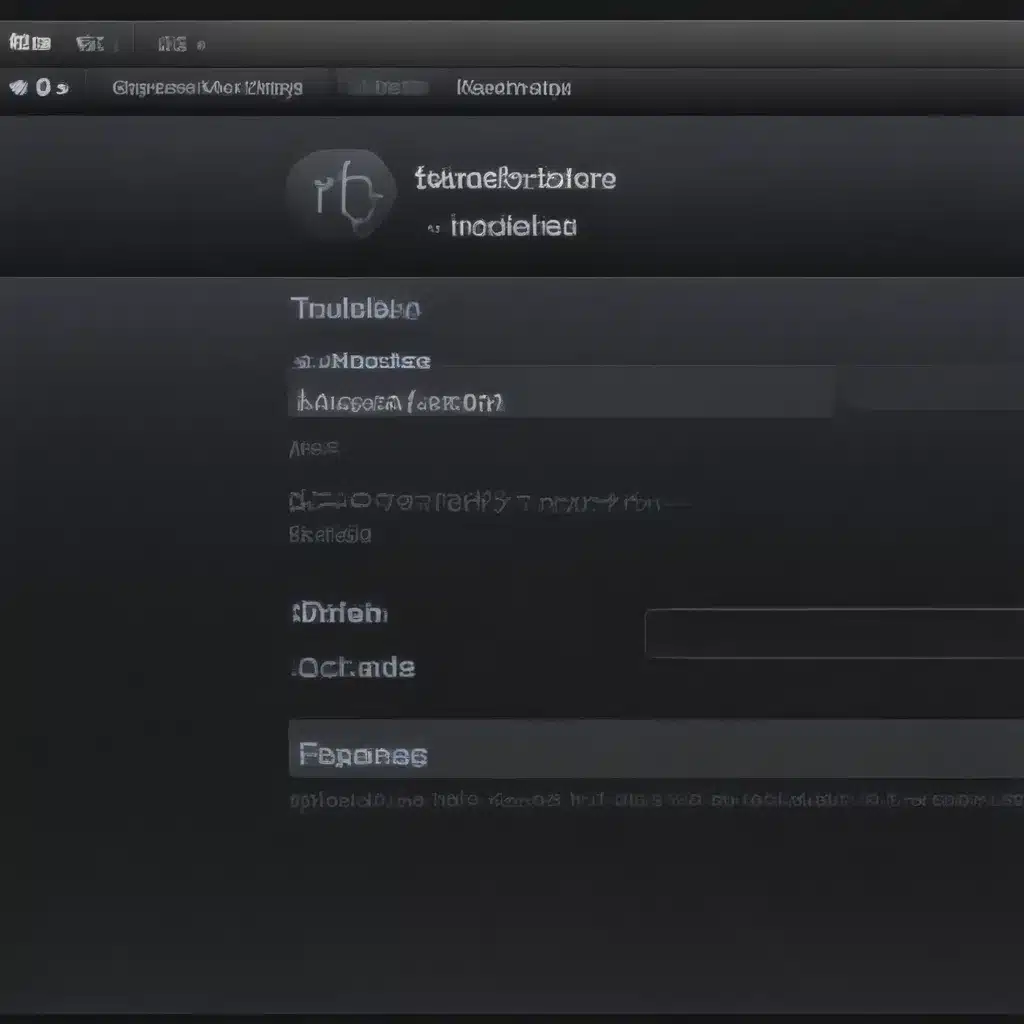Keeping Your Patients’ Data Safe in the Clouds
As a healthcare provider, you’re tasked with the critical responsibility of protecting your patients’ most sensitive information. After all, patients entrust you with their personal details, medical histories, and confidential health data – and they expect you to keep it all safely under lock and key.
But in today’s digital world, where cloud computing has become the norm, maintaining that level of security isn’t as straightforward as it once was. Suddenly, your patient data isn’t just confined to the four walls of your office – it’s floating freely somewhere out there in the ether, accessible from any internet-connected device.
So, how do you ensure your patients’ protected health information (PHI) remains HIPAA-compliant when you’ve moved it to the cloud? It’s a question that’s keeping healthcare IT teams up at night, and rightly so. After all, the consequences of a data breach can be catastrophic – not just for your patients, but for your practice as well.
Navigating the HIPAA Minefield
The Health Insurance Portability and Accountability Act (HIPAA) was enacted way back in 1996, long before the cloud computing revolution took the world by storm. But just because the legislation predates the cloud doesn’t mean it’s any less relevant. In fact, HIPAA’s security and privacy rules apply just as stringently to electronic PHI (ePHI) stored in the cloud as they do to the paper files gathering dust in your filing cabinets.
That means any healthcare organization handling patient data – whether they’re a doctor’s office, a hospital, or an insurance provider – has to ensure their cloud storage solutions meet a strict set of HIPAA requirements. Things like data encryption, access controls, audit logging, and breach notification procedures all have to be in place and functioning properly. [1]
And it’s not just the cloud provider’s responsibility to ensure HIPAA compliance. As the covered entity (CE) entrusted with your patients’ PHI, the onus is on you to vet your cloud service provider (CSP) thoroughly and make sure they’re living up to their end of the bargain. That usually involves signing a business associate agreement (BAA) – a legally binding contract that spells out each party’s HIPAA-related obligations. [2]
Navigating this HIPAA minefield can be a real headache, especially for smaller healthcare practices with limited IT resources. But make no mistake – the stakes are high. A single data breach could result in fines of up to $50,000 per violation, not to mention the irreparable damage to your practice’s reputation. [3]
Separating the HIPAA-Compliant Wheat from the Chaff
So, with HIPAA compliance being such a critical concern, how do you go about choosing the right cloud storage solution for your practice? It’s a daunting task, to be sure – there are dozens of providers out there, all of them claiming to be HIPAA-compliant. But upon closer inspection, many of them fall woefully short.
That’s why it’s so important to do your due diligence. Don’t just take a provider’s word for it; ask to see their HIPAA audit reports, security certifications, and BAA. Look for evidence that they’ve implemented robust access controls, encryption protocols, and breach notification procedures. And don’t be afraid to grill them on the specifics – after all, you’re entrusting them with your patients’ most sensitive information.
To make your life a little easier, I’ve done some of the legwork for you. Here are a few cloud storage providers that have proven themselves to be true HIPAA superstars:
Amazon Web Services (AWS)
As one of the cloud computing giants, AWS offers a wealth of HIPAA-eligible services, including the ever-popular S3 object storage. With its military-grade encryption, granular access controls, and comprehensive audit logging, AWS has become a go-to choice for healthcare organizations looking to securely store and share ePHI. [4]
Microsoft Azure
Another industry heavyweight, Microsoft Azure has been at the forefront of the HIPAA compliance game for years. The platform boasts a robust suite of security features, from disk encryption to role-based access management, all backed by a comprehensive BAA. Plus, Azure’s integration with other Microsoft productivity tools makes it a seamless fit for many healthcare workflows. [5]
Google Cloud
The search giant’s cloud offering, Google Cloud, has also earned its stripes when it comes to HIPAA compliance. With a BAA covering services like Google Drive and Google Workspace, the platform provides healthcare organizations with a secure and collaborative environment for managing ePHI. [6]
Box
Box is a cloud storage solution purpose-built for the healthcare industry, with a strong focus on HIPAA compliance. The platform’s encryption, access controls, and audit capabilities have made it a favorite among medical practices and hospitals looking to keep their data safe in the cloud. And with a comprehensive BAA in place, you can rest assured your PHI is in good hands. [7]
Dropbox Business
While Dropbox may be better known for its consumer-facing services, the company’s business-oriented offerings are no less impressive when it comes to HIPAA compliance. Dropbox Business provides advanced security features, including encryption and detailed access logging, all backed by a BAA to keep your ePHI secure. [8]
Putting the “Healthy” in Healthcare IT
Choosing the right HIPAA-compliant cloud storage solution is just the first step in safeguarding your patients’ data. Once you’ve got the technology in place, you’ll need to ensure your internal policies and procedures are up to snuff as well.
That means conducting regular risk assessments, implementing robust access controls, and training your staff on best practices for handling ePHI. It’s a lot of work, to be sure, but it’s absolutely critical if you want to avoid the devastating consequences of a data breach.
But don’t worry, you don’t have to go it alone. By partnering with a trusted IT service provider like ours, you can tap into a wealth of HIPAA expertise and ensure your healthcare organization is operating at the highest levels of security and compliance. Together, we’ll build a robust, cloud-based infrastructure that keeps your patients’ data safe and sound, no matter where it roams.
So, what are you waiting for? The health of your practice – and your patients – depends on it.
[1] https://www.hhs.gov/hipaa/for-professionals/special-topics/health-information-technology/cloud-computing/index.html
[2] https://www.hhs.gov/hipaa/for-professionals/covered-entities/sample-business-associate-agreement-provisions/index.html
[3] https://www.hhs.gov/hipaa/for-professionals/compliance-enforcement/index.html
[4] https://aws.amazon.com/compliance/hipaa-compliant/
[5] https://www.microsoft.com/en-us/trustcenter/compliance/hipaa
[6] https://cloud.google.com/security/compliance/hipaa
[7] https://www.box.com/industries/healthcare
[8] https://www.dropbox.com/business/security-trust/compliance/hipaa













